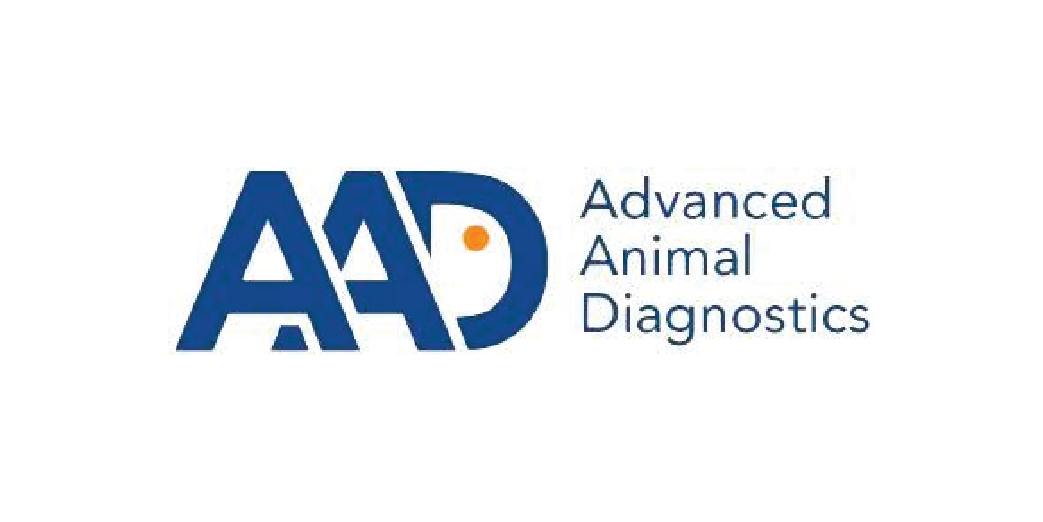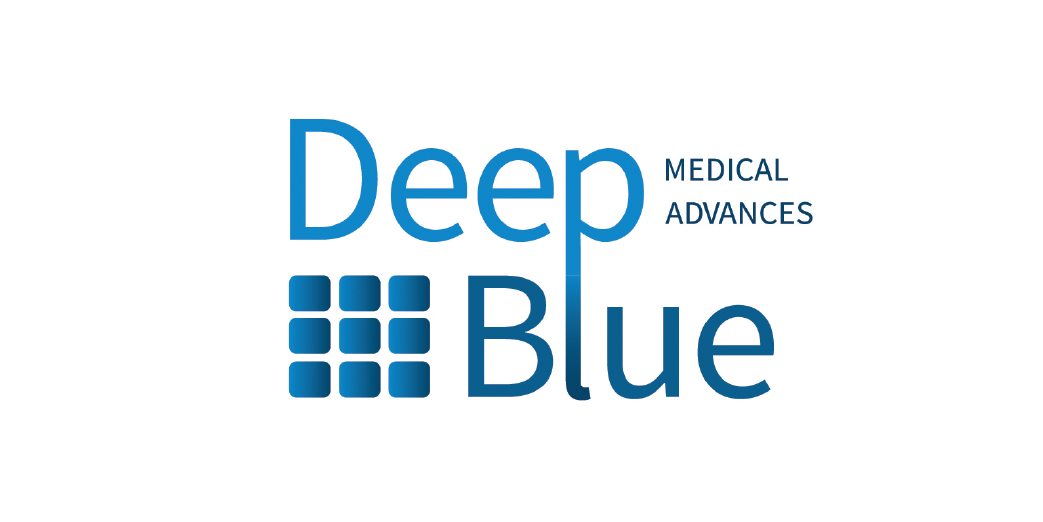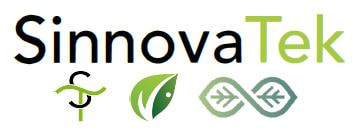RESEARCH TRIANGLE PARK, N.C. (WNCN) — A diagnostics company at Research Triangle Park is developing a new, faster screening for COVID-19.
“We think the test we’re working on could make a huge difference in our situation right now,” said Advanced Animal Diagnostics President and CEO Joy Parr Drach.
RELATED: Full coverage of the coronavirus outbreak
The company is a small start-up that develops tests for livestock and, now, humans.
“We started out developing rapid tests for livestock,” she explained of the company’s initial mission. “We were getting a snapshot of the animals’ immune system. We realized the animal and human immune systems are pretty similar.”
Parr Drach said the company was developing a screening test for sepsis last week when a researcher pointed out it could be used for COVID-19.
“As soon as he saw our test run, he ran out of the room, came back in with a sheath of papers and said ‘I just saw this research from China’,” she explained. “You have to look at it, you have the answer to a rapid screen and triage.”
Parr Drach said the research from China shows white blood cell counts could give insight to who has COVID-19.
That’s when the team switched gears from screening for sepsis to COVID-19. What they’re developing will screen people for COVID-19 and determine how severe their case may become. The test takes a few drops of blood and is done within minutes.
“This is important because if you’re thinking about the limited space, limited hospital beds we might have, being able to, in two minutes, triage a patient and understand if they’re low-risk for severe illness, maybe they can go home and self-quarantine,” she explained. “If you’re at high risk for severe illness, then it would be important that you have one of limited hospital beds so that you can be observed.”
Advanced Animal Diagnostics is using donated blood samples for its study. Because the test is in the early stages and hasn’t been approved by the FDA yet, Parr Drach said samples will be anonymous and donors won’t find out their results.
- Categories:



